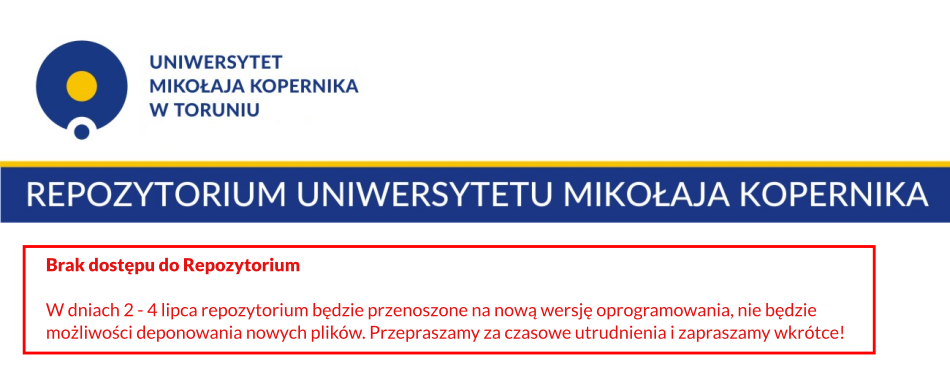| dc.contributor.author |
Mróz, Mirosław |
| dc.date.accessioned |
2017-09-08T07:32:21Z |
| dc.date.available |
2017-09-08T07:32:21Z |
| dc.date.issued |
2017-06-23 |
| dc.identifier.citation |
Teologia i Człowiek, No. 1, Vol. 37, pp. 91-108 |
| dc.identifier.issn |
2391-7598 |
| dc.identifier.other |
doi:10.12775/TiCz.2017.005 |
| dc.identifier.uri |
http://repozytorium.umk.pl/handle/item/4586 |
| dc.description.abstract |
Podczas gdy niektórzy kognitywiści podważają charakter moralny ludzkiego postępowania oraz wskazują na jego deterministyczną zależność od czynników pracy mózgu, trzeba nam na nowo pytać się o etyczność procesu poznawczego. Czy takie pytanie w ogóle jest uprawnione? Często w naukach kognitywnych nie ma już miejsca na etykę i zagadnienia natury moralnej. Św. Tomasz z Akwinu widział człowieka jednak zawsze całościowo: duszę i ciało, jego wiarę i rozum, cnoty intelektualne w łączności z cnotami moralnymi i teologalnymi. Artykuł, wprowadzając kwestię dotyczącą możliwości etycznej odpowiedzialności za głupotę, pragnie wskazać na niektóre zagadnienia etyczne w kontekście budowania procesu poznawczego. Głupota nie jest zatem tylko brakiem inteligencji lub niedorozwoju umysłowego, ale raczej wiąże się z brakiem wewnętrznej spójności władz duszy oraz integracji czynników formujących poszczególne etapy wiedzy. Prawdziwa mądrość jest zawsze mądrością serca. |
| dc.description.abstract |
Is stupidity moral? Deficiencies in the process of maturation into wisdom on the canvas learning St. Thomas Aquinas of human cognition. While the braver cognitivists try to subject the nature of morality and its formalisation within the frames of ethical theories to reinterpretation, we need to think whether cognitive science is able to make such changes. Surely, ethics shaped upon an appropriate vision of human nature should also take into consideration information about the knowledge of reality and truth. Saint Thomas Aquinas is considered one of those significant theorists and practitioners of morality who analysed in depth the principles of how judgements about wisdom and morality are formed. Are the teachings of Thomas Aquinas today merely an unnecessary “spirit of the past”? They are not and his analysis of the principles of cognition even nowadays can inspire further studies on human choices and subjective ethical actions. The reason is entitled to wisdom, not folly, and the soul is entitled to perfection, not numbness. |
| dc.language.iso |
pol |
| dc.rights |
Attribution-NoDerivs 3.0 Poland |
| dc.rights |
info:eu-repo/semantics/openAccess |
| dc.rights.uri |
http://creativecommons.org/licenses/by-nd/3.0/pl/ |
| dc.subject |
poznanie ludzkie |
| dc.subject |
wiedza |
| dc.subject |
cnoty intelektualne |
| dc.subject |
mądrość |
| dc.subject |
głupota |
| dc.subject |
Tomasz z Akwinu |
| dc.subject |
human cognition |
| dc.subject |
knowledge |
| dc.subject |
intellectual virtues |
| dc.subject |
wisdom |
| dc.subject |
stupidity |
| dc.subject |
Thomas Aquinas |
| dc.title |
Czy głupota jest moralna? Braki w procesie dojrzewania do pełni mądrości na kanwie nauki św. Tomasza z Akwinu o ludzkim poznaniu |
| dc.type |
info:eu-repo/semantics/article |


